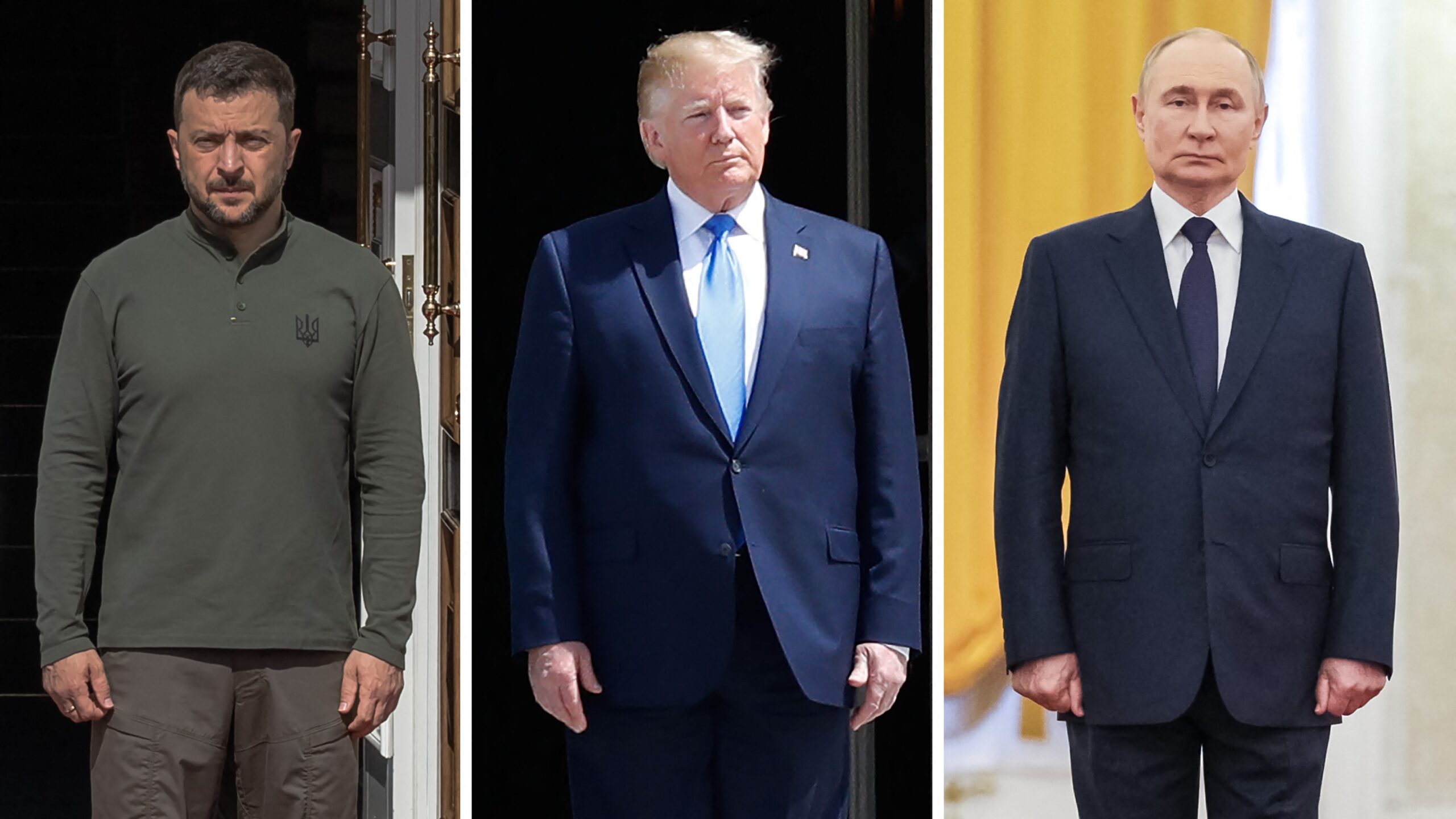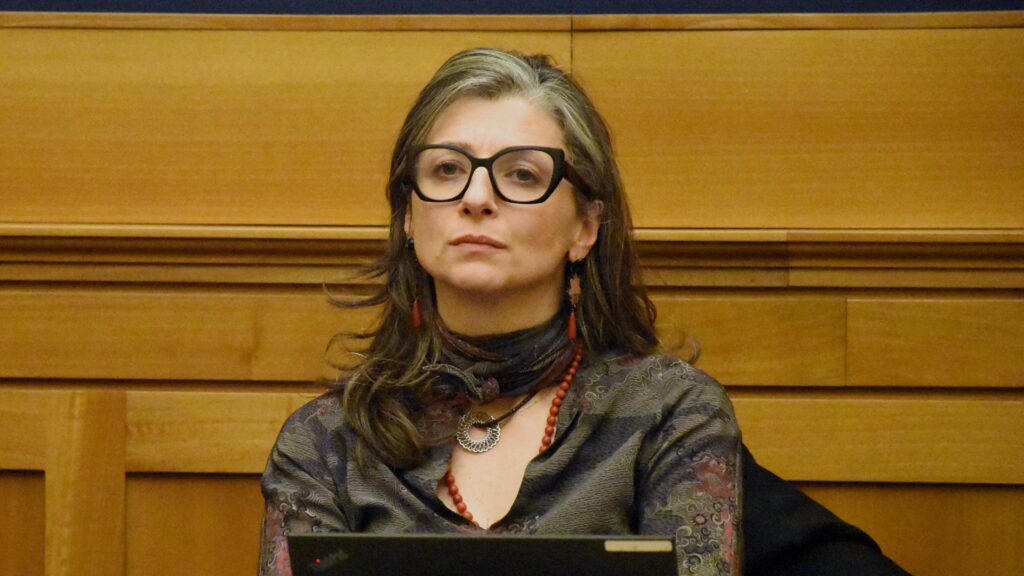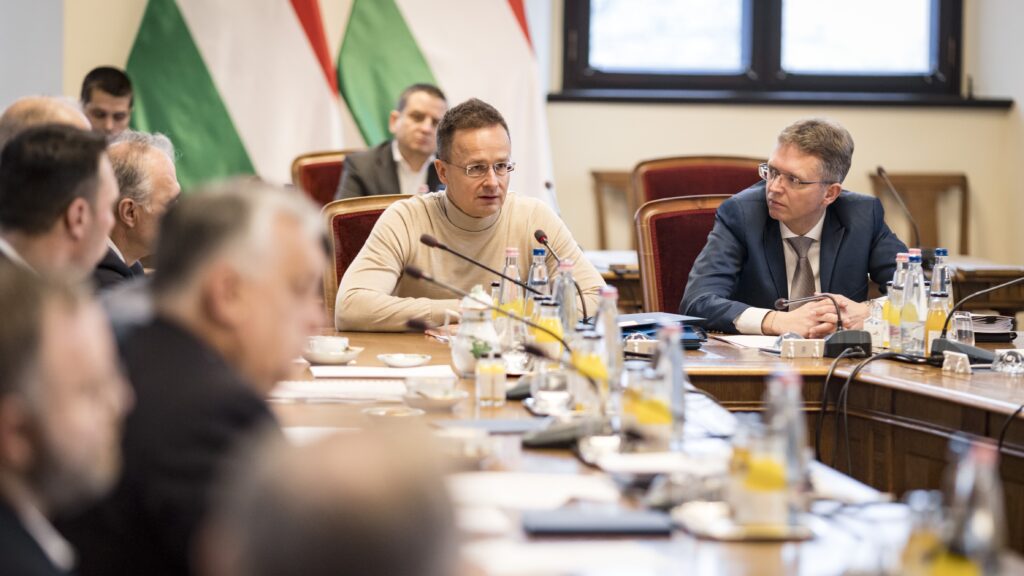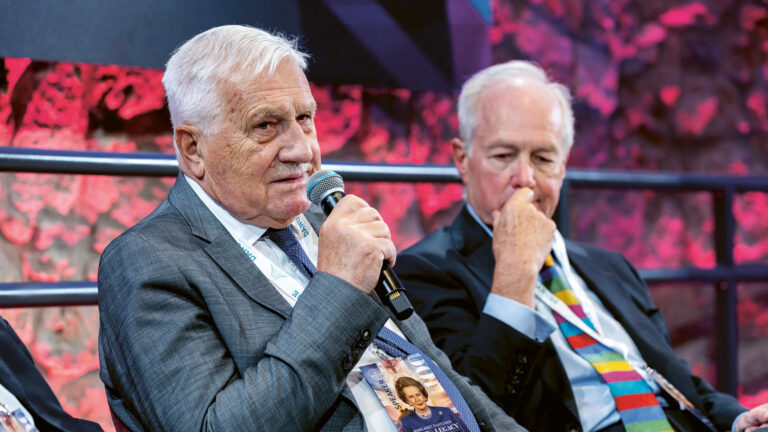Otto von Bismarck, the German statesman and diplomat who oversaw the unification of Germany when the Duchy of Saxe-Lauenburg was merged into the Kingdom of Prussia in 1876, and served as Chancellor of the newly formed German Empire from 1871 to 1890, once said: ‘The secret of politics? Make a good treaty with Russia.’
In the domain of politics, Bismarck’s words underscore the importance of establishing a benign—if not favorable—diplomatic accord with a global power such as today’s Russian Federation. Indeed, the issue is not merely understanding the potential advantages of such an agreement, but rather identifying the complexities and risks that can compromise political alliances if they are not properly constructed.
The most salient of such treaties were those spearheaded by President Ronald Reagan with General Secretary Mikhail Gorbachev in the 1980s, which not only led to a reciprocal reduction of nuclear missiles, but, eventually, to the end of the Cold War.
This Friday President Donald Trump is to meet with his Russian counterpart President Vladimir Putin in Alaska to discuss ending the war in Ukraine—or so it seems.
In a rambling news conference Mr. Trump told reporters: ‘I’m going to Russia on Friday,’ and repeated a version of the same statement several minutes later. The president seemed to forget that Alaska has not been part of Russia ever since the United States purchased it from the Russian Tsar Alexander II for $7.2 million in 1867—which is just as concerning as when then President Joe Biden introduced Volodymyr Zelenskyy as ‘President Putin’ during a NATO event last year.
‘Bismarck’s words underscore the importance of establishing a benign—if not favorable—diplomatic accord with a global power such as today’s Russian Federation’
President Trump could not have set his expectations of the encounter any lower saying: ‘I’m going to see what he has in mind…probably in the first two minutes I’ll know exactly whether or not a deal can get done,’ insisting he was ready to walk away from the talks and let both Ukraine and Russia continue to fight it out.
This is a far cry from six months ago, just after Mr. Trump had taken the reins of the White House, saying: ‘I believe [Putin] wants peace. I mean, I know him very well. Yeah, I think he wants peace. I think he would tell me if he didn’t…I trust him on this subject.’
This statement was as ingenious as when President Franklin D. Roosevelt, in his meeting with the Soviet premier Joseph Stalin at the Yalta Conference in February 1945—British Prime Minister Winston Churchill also participated—thought he could smooth the Russian dictator into amiable agreements. Roosevelt even went so far as to say: ‘I think that if I give him everything that I possibly can and ask nothing from him in return, noblesse oblige, he won’t try to annex anything and will work for a world of democracy and peace.’
FDR recognized the Soviet Union as an independent and sovereign nation in 1933, hoping it would serve both U.S. strategic interests—by curbing Japanese expansionism in Asia—and American commercial interests in the Soviet market, a matter of concern for an administration grappling with the effects of the Great Depression. While neither objective was fully achieved, it cannot be denied that, because the U.S. was fighting a war on two fronts during World War II—in Europe and the Pacific—the alliance with the Soviet Union proved to be a vital military stratagem, helping to bring about the defeat of Nazi Germany. In essence, FDR allowed Soviet soldiers, both men and women, to bear the brunt of the Eastern Front fighting, understanding that American, British, and French forces alone would not be sufficient to end the war.
Yet this perceived victory—the belief that the Russians would ultimately align with U.S. interests—was short-lived, as Communist Russia quickly asserted control over Eastern Europe.
During the presidential campaign, Mr. Trump repeatedly proclaimed that he would end the war in Ukraine within a day, even before taking office. So much so that when Hungarian Prime Minister Viktor Orbán, in March of last year, visited then candidate Trump at his Mar-a-Lago home, he proclaimed: ‘[Trump] will not give a penny in the Ukraine–Russia war. That is why the war will end…If the Americans don’t give money and weapons, along with the Europeans, then the war is over.’
Not only has Mr. Trump been unsuccessful in ending the war, he has recently endorsed a plan to have European allies buy billions of dollars’ worth of U.S. military equipment that can be transferred to Ukraine, which only ensures that the fighting will continue.
‘Antagonizing the Russians could be as disastrous as waking a bear from hibernation’
Bismarck’s campaign for a ‘good treaty’ with Russia reflected the notion that antagonizing the Russians could be as disastrous as waking a bear from hibernation—an apt metaphor for what the U.S.–NATO expansionist approach eventually did. As the chief architect of realpolitik, Bismarck emphasized the urgency of not only respecting Russia’s interests but also recognizing it as a crucial player on the global political stage, rather than treating it as an adversary.
Mr. Trump says he wants to meet with Mr. Putin to ‘feel him out’. He should know by now that, as he claims Mr. Orbán told him: ‘War is what [Russia] does best.’ And this is something that the war hawks in Washington do not want to accept.
Trump can end the war overnight if he stops sending arms to the Ukrainians; he also needs to ensure that the U.S. will not support NATO expansion into Ukraine. The mere fact that he is willing to meet with the Russian president face to face is to be commended. Yet, unless there is a framework of political will to get something accomplished, as it was during the summit with North Korean leader Kim Jung-un in 2018, the upcoming meeting on Friday will be nothing more than political hype.
The views expressed by our guest authors are theirs and do not necessarily represent the views of Hungarian Conservative.
Related articles:







